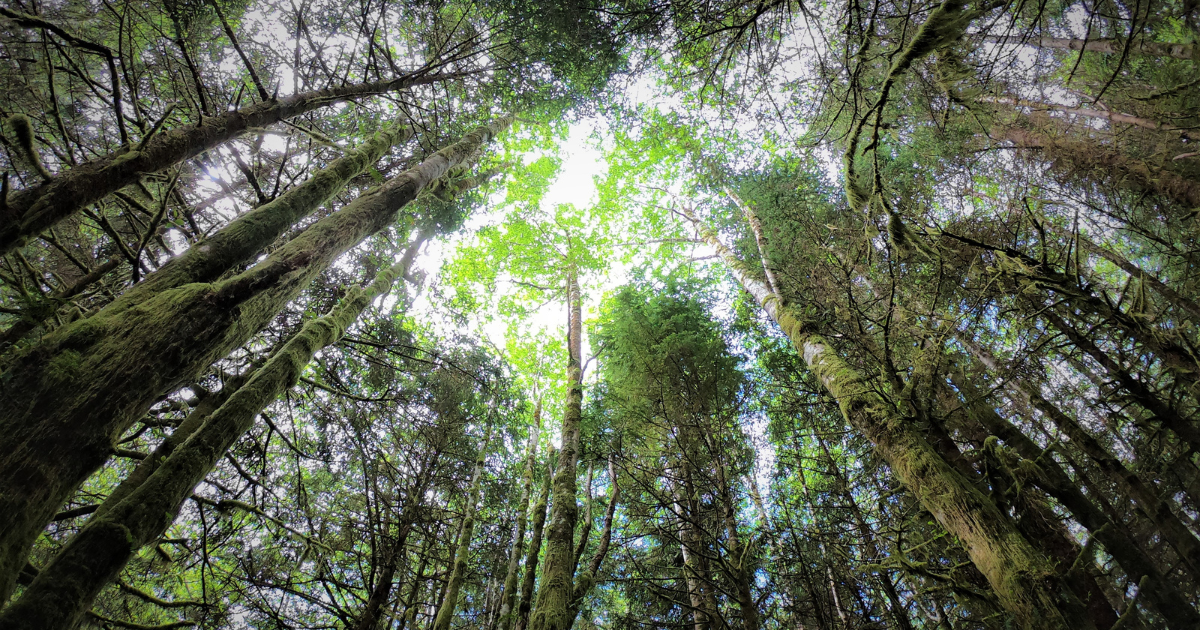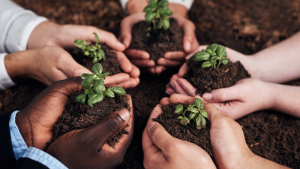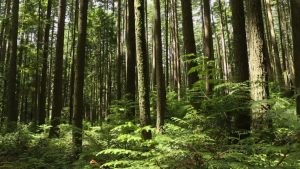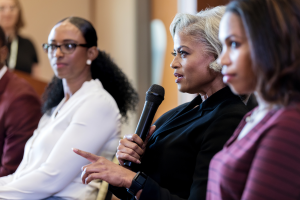How might we as settlers conduct business on occupied land in a good way? It’s an important question for our times (here and abroad).
For one, we must honour the traditions of this place; the rituals and customs that preceded our arrival are technologies that have been developed over generations through processes not too dissimilar from the iterative, customer-centric Lean Startup methodology that so many of us now follow.
A good place to start is with our land acknowledgments, a long-practiced Indigenous ritual for guests to pay respect when trading on others’ land. (Kudos to Small Business BC’s Brianna Julian for the history lesson.) Today we do this for the same reason, to pay respect to those whose land we are conducting business on.
One thing we’ve learned is that our organization’s “official” land acknowledgement should reflect our learning journey about the land we conduct business on, and should continually be updated based on new learnings and reflections.
As well, a personal land acknowledgement, such as we might give at the beginning of a meeting, is highly contextual to that moment in time and specific to each of us and our own relationship to the land, the history of its people, our personal lineage and the journey that delivered us here.
In crafting Tandem’s land acknowledgment, we dug deep into the history of the land we were founded on. We sat with how it has been nurtured by those who’ve been in relationship to the land for thousands of years. We reflected on the mesh of relationships that produced the conditions for the seemingly endless bounty and beauty that we (as uninvited guests) enjoy.
And we let ourselves feel the real feelings of sadness, anger and guilt that come with knowing the truth of our shared history of colonization and the violence that continues to harm the people indigenous to this land (our hosts).
Through talking with Indigenous members of our community we learned we must be trauma informed with the language we use in our land acknowledgment.
For many folks, it is not appropriate to use words like “play” (e.g. “we live, work and play”), as it can feel harmful for those who have been prevented from “playing” on this land through the residential schools system, the Sixties Scoop and our broken foster care system.
These days, as Tandem continues to iterate on our land acknowledgment, we’re reflecting that we are a fully remote team, meaning we all reside on different lands with different histories and cultures. And we’re sitting with the question of how we reflect this fact, paying proper homage while also keeping our acknowledgement concise enough that it will actually be read and digested by those we share it with?
We’d love to hear from you about your own journey, as well as that of the remote teams you serve, in learning to honour this time-tested tradition (and technology) for doing business in a good way.
Lean into your growth edge
Edgerunners operate at the forefront of change and innovation, nurturing ecosystems that regenerate in collaboration with the people and forces around them.
Get Edgerunners delivered to your inbox bi-weekly.
Also on our blog














